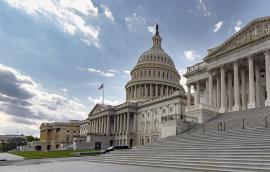Navigating the Perils of Energy Subsidy Reform in Exporting Countries
Fossil fuel subsidies have allowed energy exporting countries to distribute resource revenue, bolstering legitimacy for governments, many of which are not democratically elected. But subsidy benefits are dwarfed by the harmful consequences of encouraging uneconomic use of energy. Now, with consumption posing a threat to long-term exports, governments face a heightened need to raise prices that have come to be viewed as entitlements. While reforms of state benefits are notoriously politically dangerous, previous experience shows that subsidies can be rolled back without undermining government legitimacy — even in autocratic settings — given proper preparation.
Jim Krane May 2, 2014








